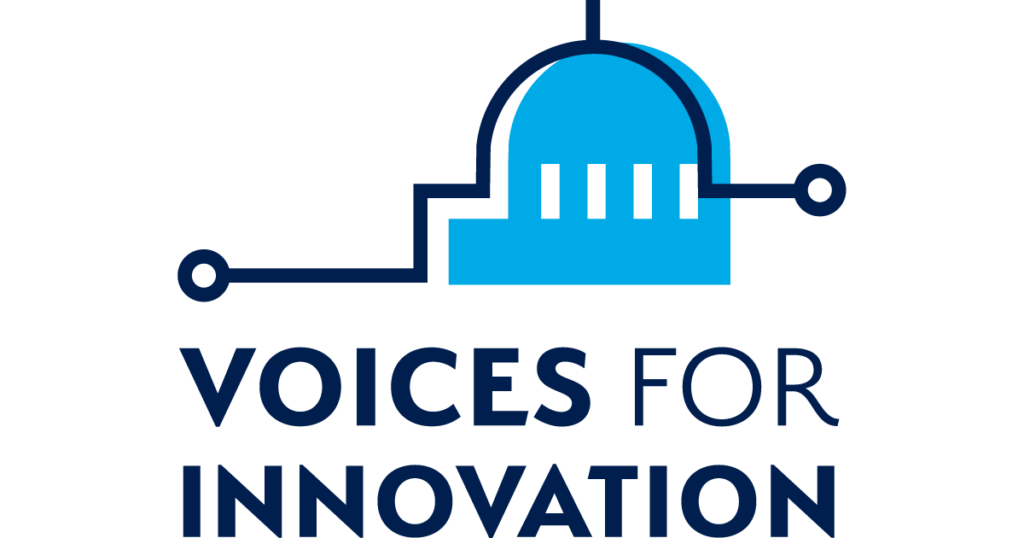First, a follow-up thank you to Microsoft alumni who visited with Voices for Innovation or attended our data privacy roundtable at the Microsoft Alumni Network Global Summit, Connect 2023. If you liked what you heard, please sign up today to be part of the VFI community.
***
Artificial Intelligence
This year, Voices for Innovation has been sharing a lot of information about AI innovations and policy proposals. Congress has been holding AI hearings and educational forums, and several legislative proposals have been introduced. Policymakers are aiming to develop policies that minimize the risks of AI while also fostering innovation and enabling AI to help address a range of challenges—in healthcare, education, energy, transportation, and more.
While Congress is considering the issue, on October 30, the White House issued a wide-ranging Executive Order (EO) on artificial intelligence. While legislation is needed in many areas—such as data privacy—the EO addresses many aspects of AI, sets safety and security standards, creates reporting requirements, establishes consumer protections, and directs federal agencies to take many actions to utilize AI and support its safe, secure, and trustworthy use. Here are links to resources and coverage:
- Biden Issues Executive Order to Create A.I. Safeguards – New York Times
- Biden Wants to Move Fast on AI Safeguards and Signs an Executive Order to Address His Concerns – Associated Press
Microsoft Closes Activision Blizzard Acquisition
On October 13, Microsoft completed its acquisition of video game developer and publisher Activision Blizzard, following more than 18 months of global regulatory reviews. The deal closed after receiving clearance from the UK Competition and Markets Authority (CMA), the final regulatory hurdle. You can find coverage of this story in the New York Times, the Verge, Yahoo Finance, and Axios.
Over the last year and half, Microsoft took numerous steps to address regulatory concerns, including signing deals with other video game console makers and providers of game streaming services to ensure that Activision Blizzard content remains available on a wide array of platforms. Under these deals and the terms of the acquisition, consumers worldwide will be able to play more games on more devices. The completed transaction will also foster innovation and competition by expanding opportunities for creators and developers to access new business models, audiences, and gaming possibilities.
While regulators worldwide approved the deal, the U.S. Federal Trade Commission (FTC) continues to challenge a recent U.S. Court of Appeals decision that allowed the acquisition to proceed. Microsoft will continue to defend its position in court as the appeals process moves forward.
***
Stay informed and engaged on tech policy! Sign up for VFI and follow us on LinkedIn.


